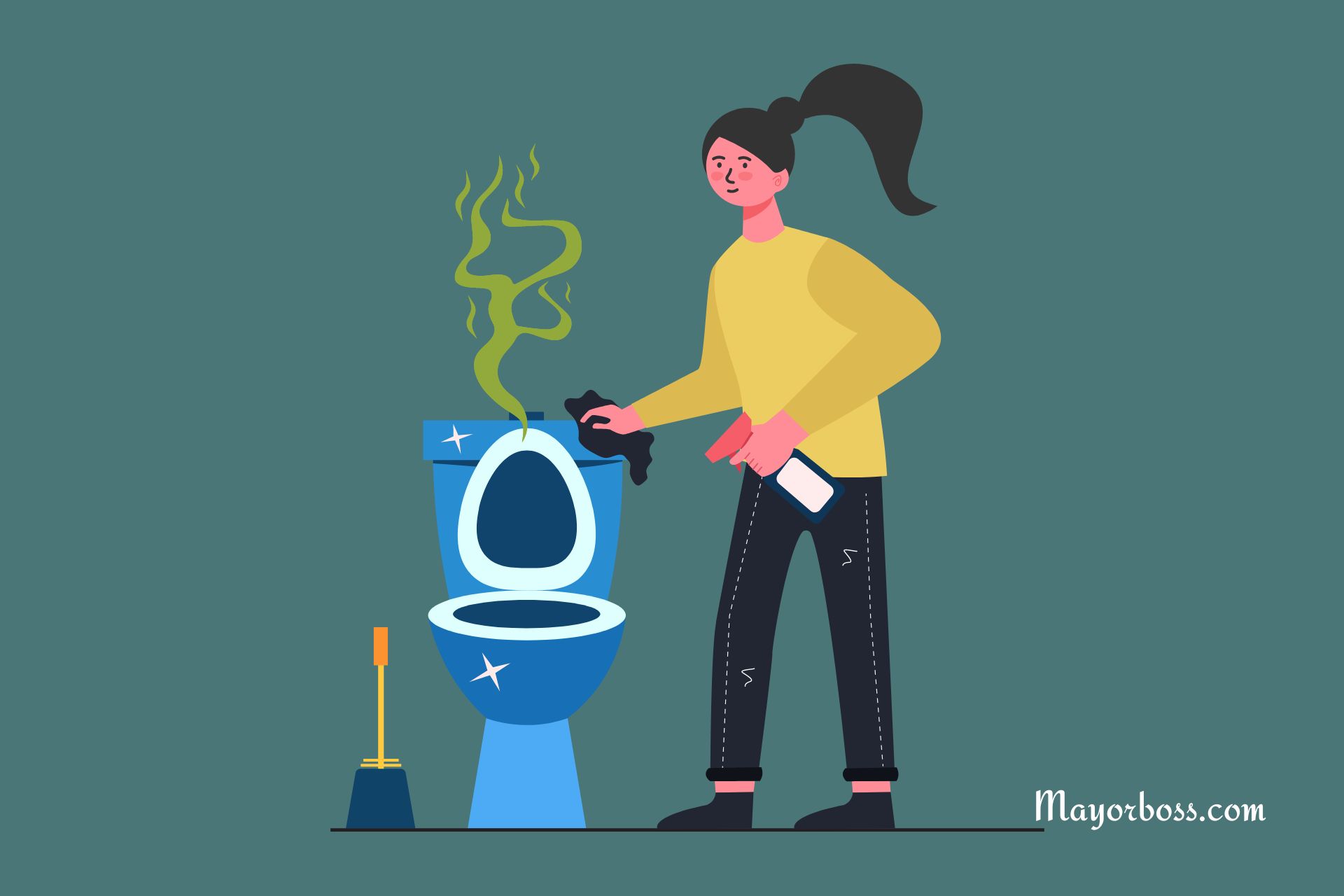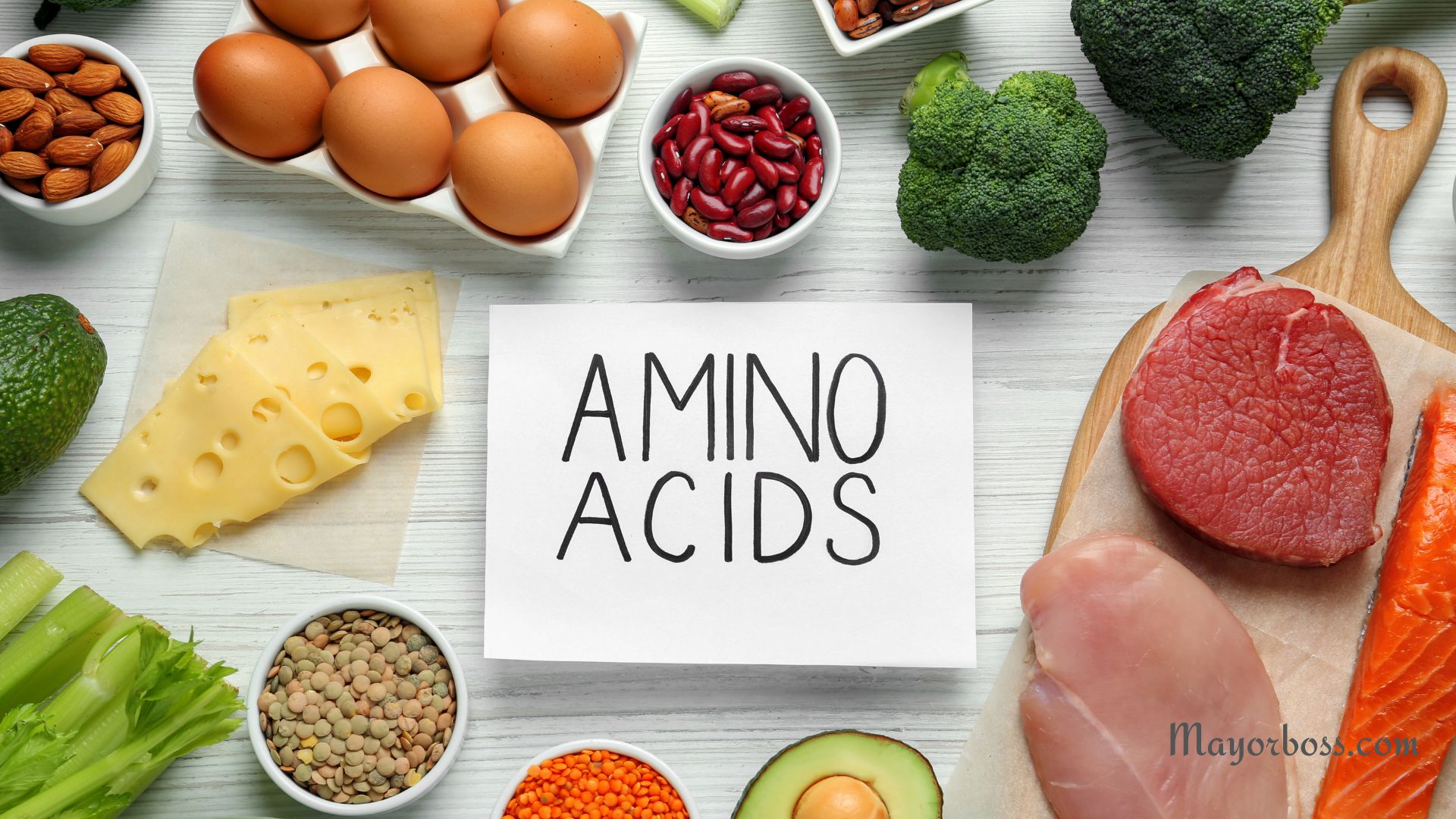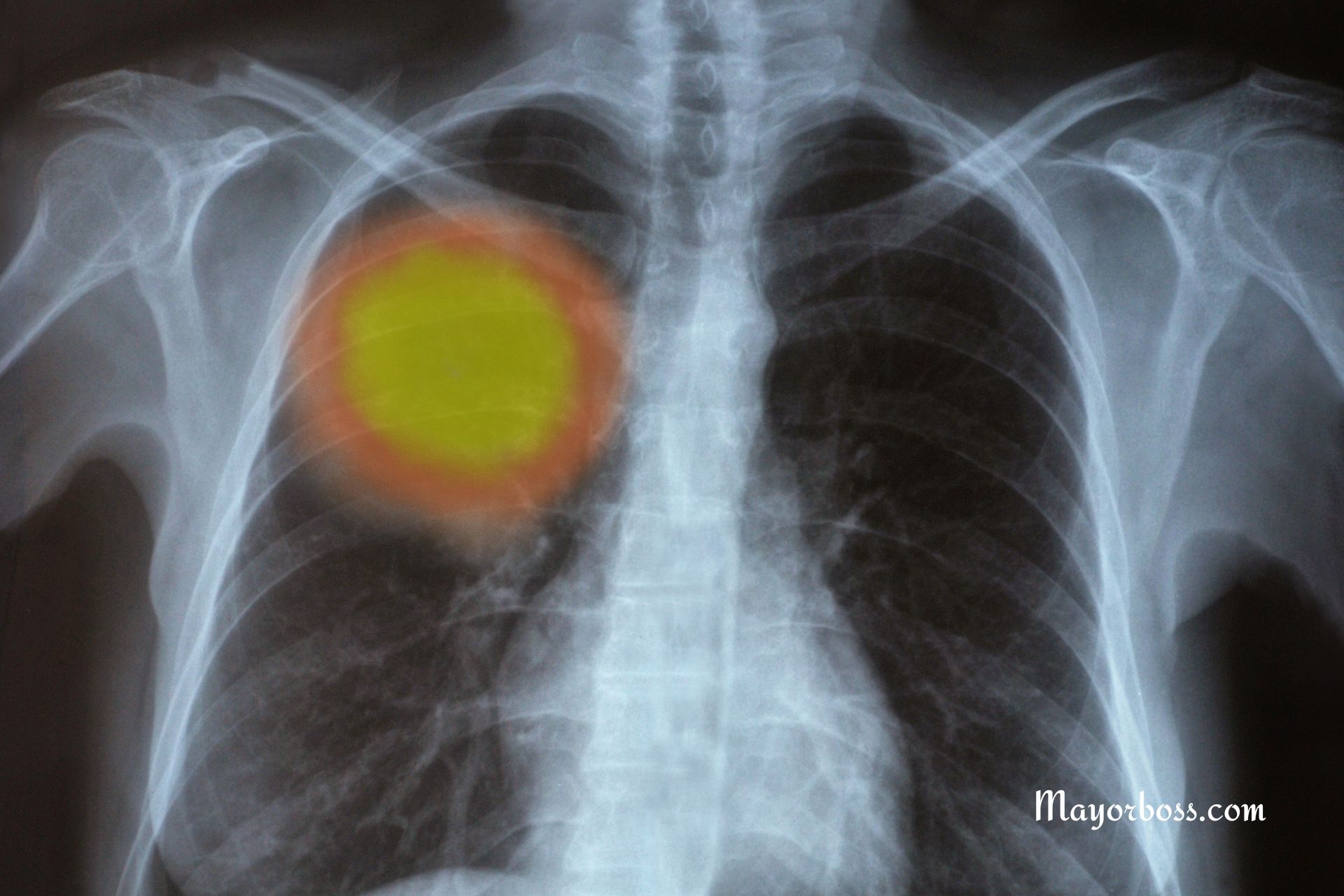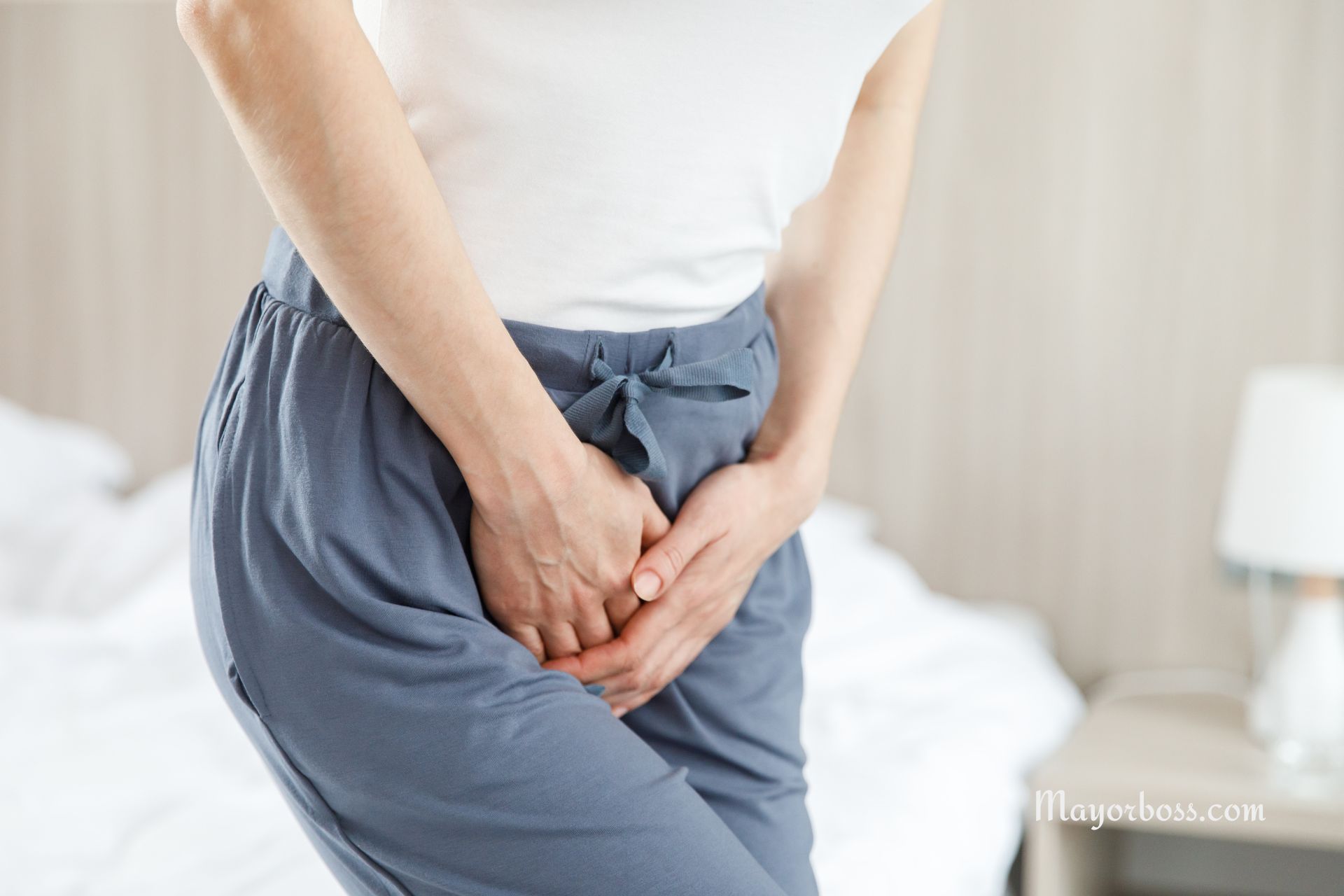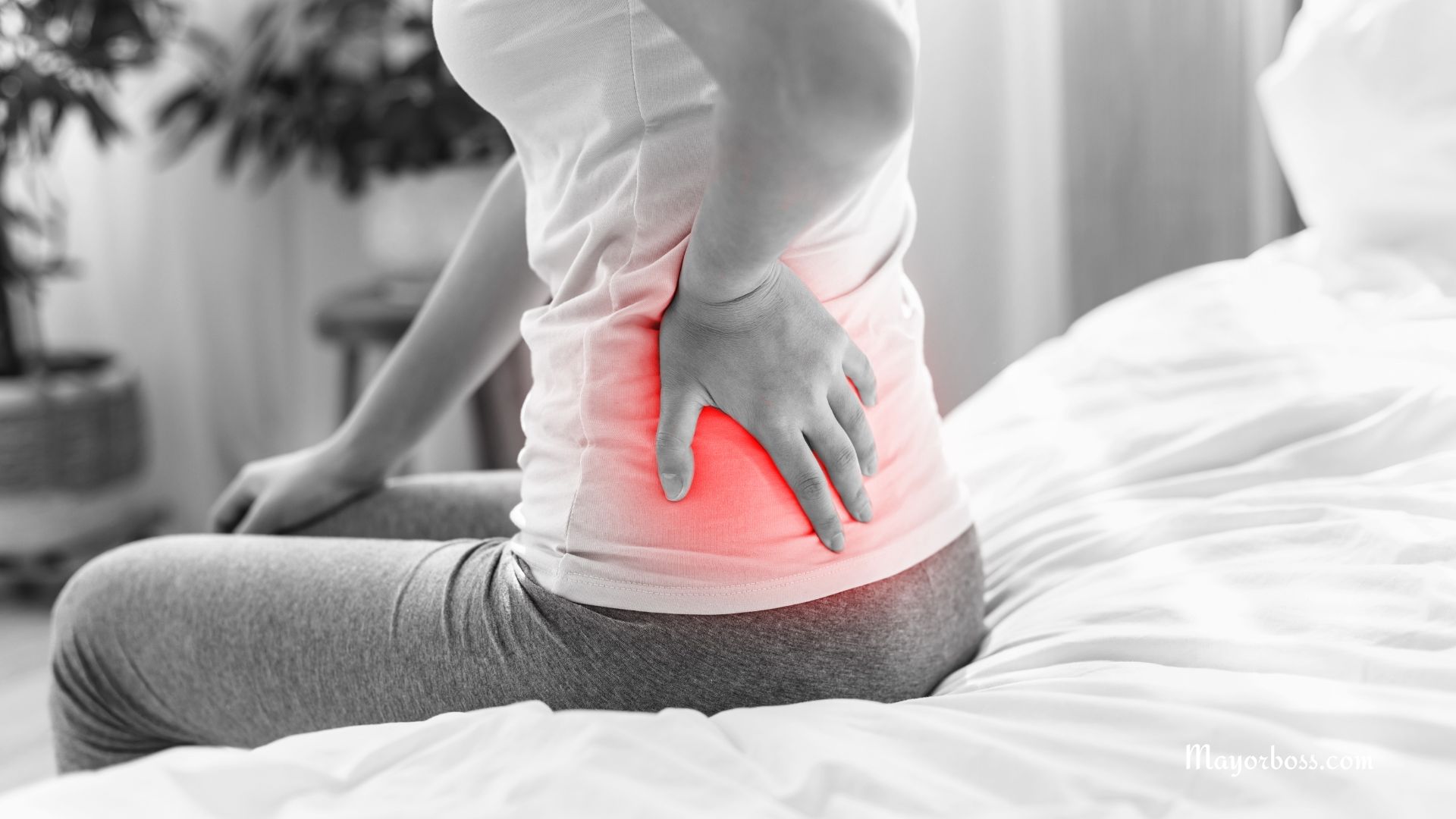Why Some People Sweat Excessively After Eating
Sweating a lot after eating? Some people notice that they sweat a lot after they eat. Sweating is the body’s way to cool down. However, when it happens too much, it can be uncomfortable. This article explains why some people sweat excessively after eating, what foods might cause it, and how to manage it.
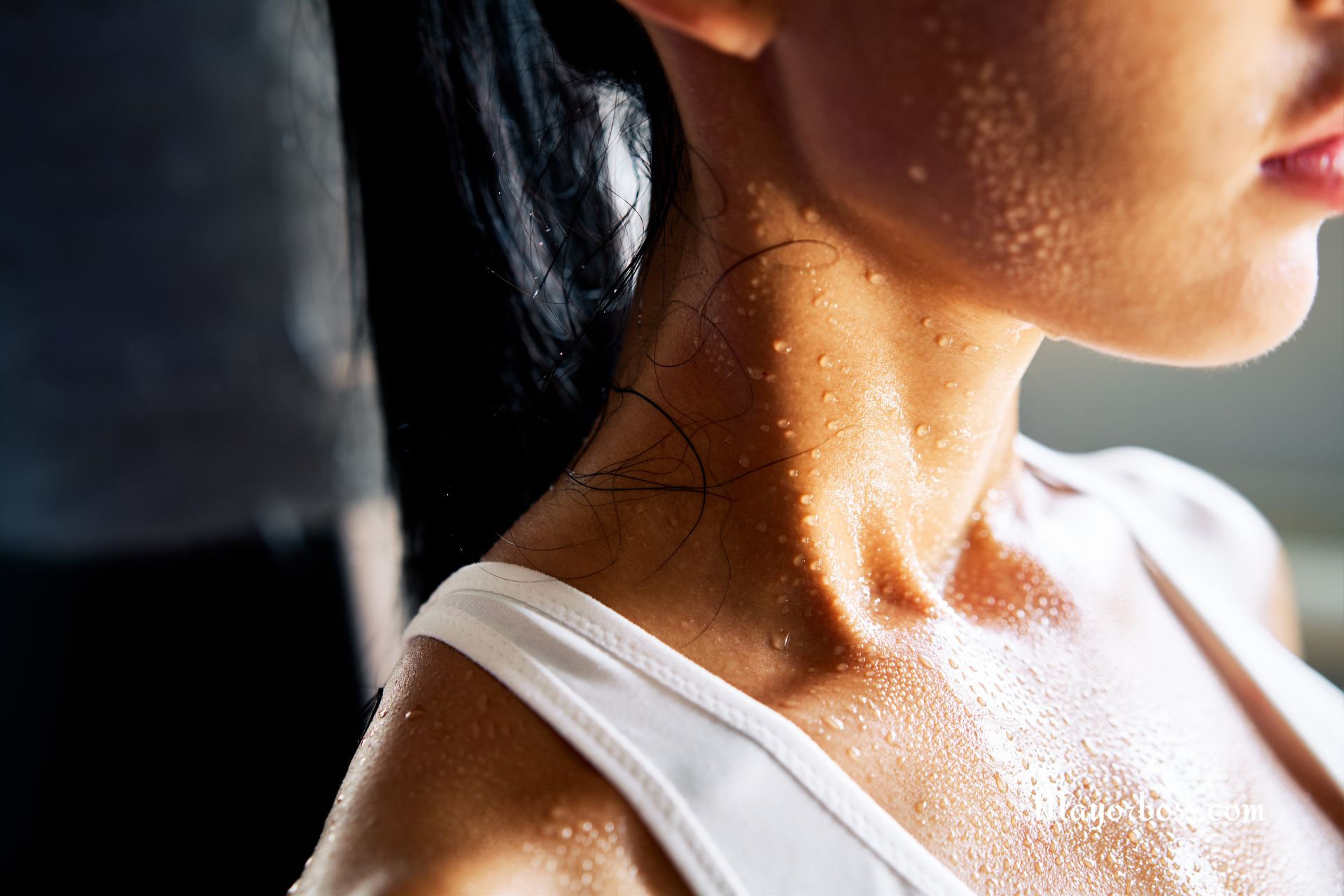
What Is Sweating?
Sweating (also called perspiration) is when the body makes moisture to help cool itself. When you exercise, work in hot weather, or even eat, your body can get warm. Sweating helps bring your body temperature down. The process is controlled by the nervous system, which works without you having to think about it.
How the Body Reacts When You Eat
When you eat, your body works hard to break down the food. It sends more blood to your stomach and intestines to help with digestion. This extra work can raise your body temperature. To keep cool, your body may start to sweat. For some people, the sweat glands react more strongly, and they sweat more than others.
More About Digestion and Sweating
During digestion, your body uses energy to break down food. This process produces heat. The extra heat makes your brain signal the sweat glands to produce sweat. Some people have a very active sweat system. They may start sweating even when there is a small rise in body temperature. Others have a milder response. How much you sweat depends on your body and overall health.
Foods That May Cause Sweating
Certain foods can make you sweat more than others. Here are some examples:
Spicy Foods
Spicy foods, like chili peppers, contain a chemical called capsaicin. Capsaicin makes your body feel hot. This heat can lead to more sweating. While many people enjoy spicy foods, they might cause extra sweating if your body is very sensitive to capsaicin.
Large Meals and Fatty Foods
Eating a very large meal or foods high in fat can raise your body temperature. Your body needs more energy to digest these foods, which produces extra heat. This increase in temperature may cause you to sweat more. If you notice extra sweating after a heavy meal, try eating smaller portions.
Hot Drinks and Alcohol
Hot drinks, such as tea or coffee, can also make you sweat. Alcohol can warm your body and dilate your blood vessels, which may lead to sweating. Drinking these beverages at cooler temperatures or in smaller amounts might help reduce sweating.
Other Reasons for Excessive Sweating After Eating
Sometimes, the food is not the only cause of extra sweating. Other factors can contribute as well:
Food Sensitivity or Allergy
Some people have food sensitivities or allergies. When they eat certain foods, their body can react strongly. One reaction is sweating. If you think food is causing too much sweating, it is a good idea to talk with a doctor.
Hormone Changes
Hormones are chemicals in your body that control many processes, including temperature control. Changes in hormones, such as those during puberty or menopause, can increase sweating. If your hormone levels change, you might notice more sweating after a meal.
Medical Conditions
Certain health problems can lead to excessive sweating. Conditions like diabetes, thyroid issues, fever, Infection, tuberculosis, or problems with the nervous system may make your sweat glands more active. If you have one of these conditions, sweating after eating might be a sign that your body needs extra care.
Medications and Medical Treatments
Some medicines can cause more sweating as a side effect. Drugs for high blood pressure, depression, or other conditions sometimes make your body sweat more. If you believe your medication is causing extra sweating, speak with your doctor. Do not stop taking any medicine without professional advice.
How to Manage Excessive Sweating
If you sweat too much after eating, there are some steps you can take to help control it:
Watch What You Eat
Keep a simple diary of the foods you eat and note how much you sweat afterward. This can help you notice patterns. When you see which foods cause more sweating, you can try to reduce them in your meals.
Eat Smaller Meals
Smaller, more frequent meals can be easier for your body to handle. They can help prevent a big increase in body temperature, which may reduce sweating.
Stay Cool
Drinking cool water and staying in a cool environment when you eat can help lower your body temperature. This simple step may lessen the amount of sweat your body produces.
Talk to Your Doctor
If excessive sweating bothers you or affects your daily life, it is important to seek advice from a healthcare provider. Your doctor can check for any health conditions that may be causing the extra sweating. They can also suggest ways to manage or treat the problem.
When to See a Doctor
It is important to know when extra sweating needs more attention. See a doctor if:
- You sweat a lot with every meal.
- You feel weak, dizzy, or dehydrated.
- You have other signs of a health problem.
- The sweating makes it hard for you to enjoy your daily activities.
Your doctor can run tests to see if there is an underlying condition. They may recommend treatments to help control the sweating.
The Takeaway
Sweating after eating is a normal process that helps your body cool down. However, if you sweat too much, it might be due to the type of food you eat, the size of your meal, or other factors like food sensitivities, hormone changes, or medical conditions. However, by watching what you eat, eating smaller meals, and staying cool, you may be able to reduce extra sweating. If the problem continues, talk to a doctor.

